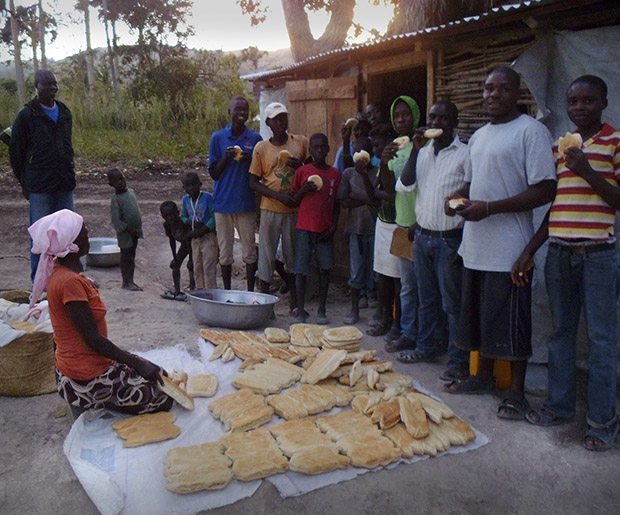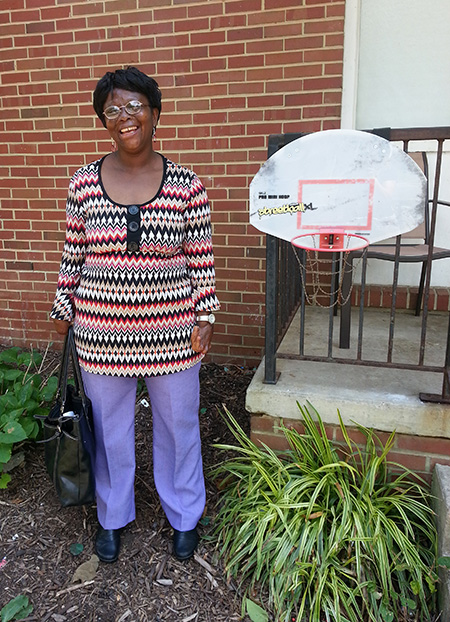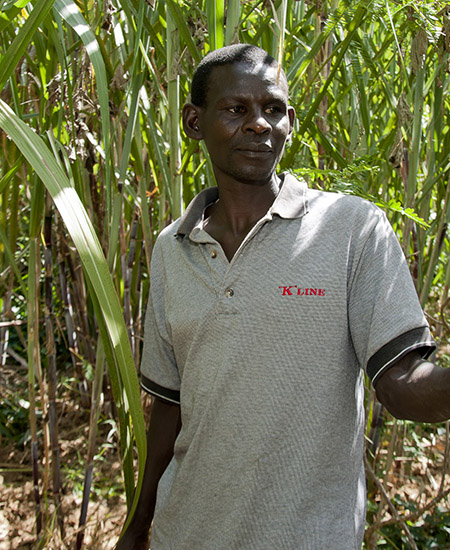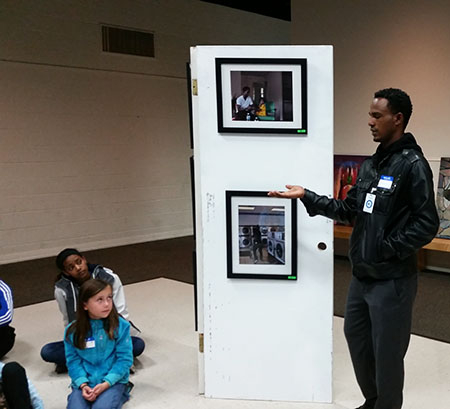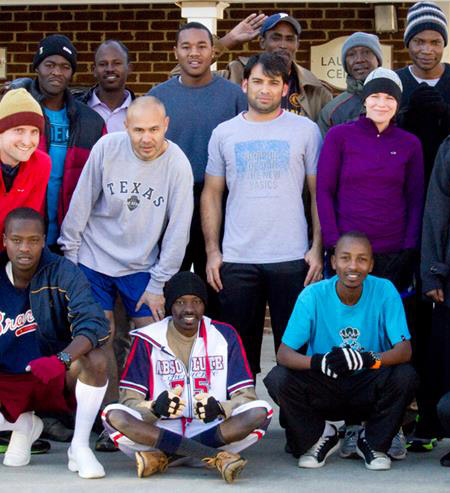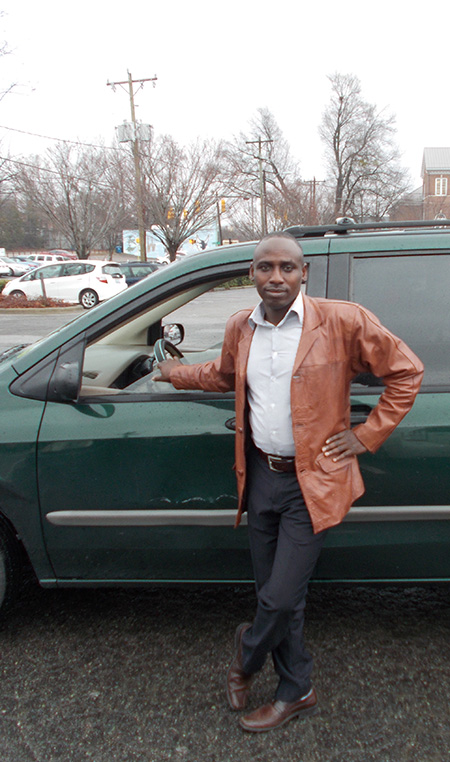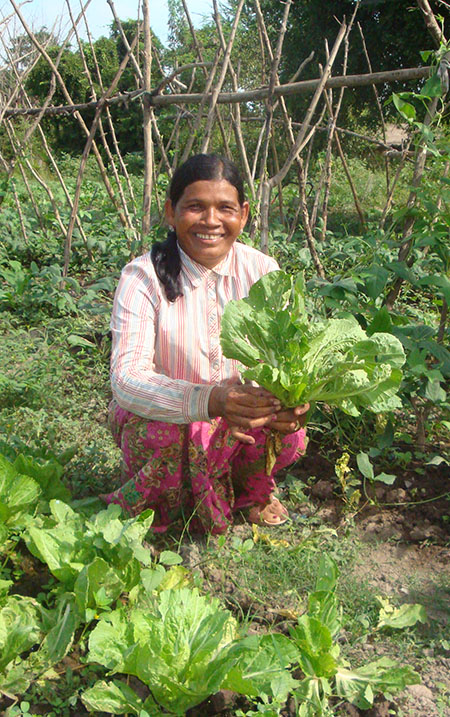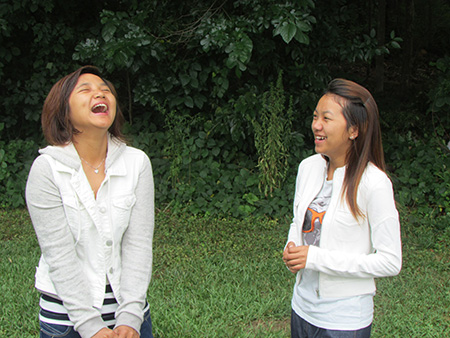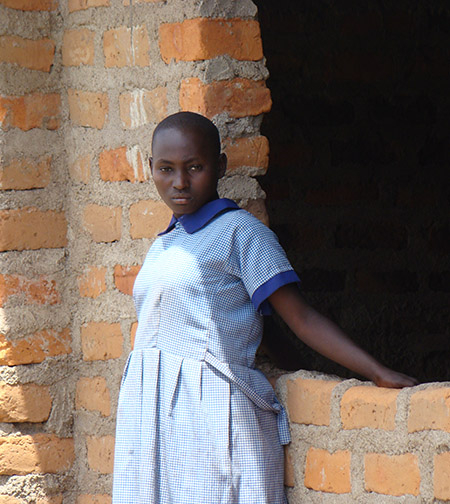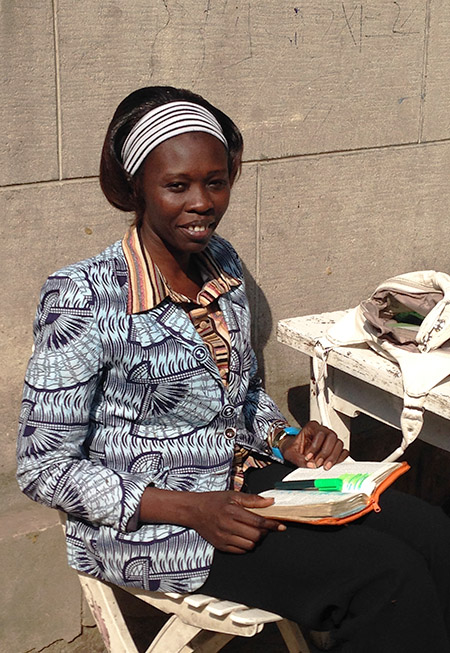From Decrepit Classrooms to a Praise-Worthy School: How Parents and Teachers in a Kenyan Village Did It
When Head Teacher (Principal) Sasi Kabaka took the reins at Gosese Primary School in Western Kenya, Gosese was a “school” in name only.
“The picture that one could visualize of this place was horrifying,” Kabaka recalled. Students were being instructed under the shade of trees; what few classrooms did stand were doing so only barely. “There were just small five feet by four feet structures that actually were supposed to be condemned.”
The mere 47 students enrolled that year were taught by three instructors. Newly assigned educators were instantly discouraged at the sight of the crumbling and secluded campus. An assignment to this school felt like a punishment. Consequently, “there were no role models here,” Head Teacher Kabaka lamented.
All that changed when dedicated teachers solicited the help of the government, businesses, and NGO’s, including the CWS Africa School Safe Zones program, which recognized the potential in Kabaka and his fellow teachers and offered encouragement and training that has transformed Gosese Primary School.
Kenyan primary institutions typically provide classes up to eighth grade, but Gosese did not accommodate children beyond fourth. The government used Gosese as a “feeder school,” from which students were expected to go to a distant school for fifth grade. Sadly, the more distant schools were never fed for long.
“Once they were moved to other schools, after a few months they would drop out,” Kabaka explained.
The decrepit infrastructure and unmotivated teachers at Gosese set students up for failure. “We had very muddy classrooms,” remembers Frederick Mwita, senior teacher and the only staff member who has been at Gosese longer than Kabaka. “Our learners were sitting on stones and that was making learning very difficult.”
His disgust with the grave neglect suffered by the resilient students of Gosese Primary School led Head Teacher Kabaka to vow to find a way to give the children the role model they had long been deprived of.
Kabaka and his staff protested the Ministry of Education’s intention to continue using Gosese as a feeder and presented his proposal to revitalize the school. “He said we are going to remain firm to make sure that this school grows to higher levels,” Fredrick Mwita recalls.
Were the government officials offended by this objection?
“No, in fact they were impressed,” Kabaka said with a laugh, “and they gave us support. We convinced them. We told them that these kids need quality education and we had the will to assist them. They were very positive, and they accepted. So, the idea of making it a feeder school was shelved, and now they are really supporting us.”
With this green light, Sasi Kabaka and his band of teachers embarked on a reformation, but how long could their ambition endure without adequate resources and support?
Thanks to its compassionate donors, CWS was able to fan the flames of their fire by providing the school with necessities including desks and a seed grant of 4,500 USD towards the construction of classrooms.
CWS also organized peer learning events so that teachers and parents could learn successful strategies from their counterparts in other CWS School Safe Zones; held training sessions for the small staff and school management committee (parent teacher organization), helped teachers persuade parents of the importance of a good education– including for girls– and the importance of raising funds to improve the school’s infrastructure.
As a result of the CWS seed grant and training in fundraising, parents were able to solicit most of the money required for classroom construction themselves by obtaining grants from the government, area businesses, and the community.
Added encouragement came when, for the very first time, a Gosese alumnus advanced to secondary school. Recently, the Kenyan Government showed its support for Gosese by honoring its request for an additional teacher, which brings the staff to eight. There school also has a new fifth grade. Most impressive, though, is the school’s growth from 47 students in 2007 to 271 students by 2013 and the addition of a fifth grade.
Alongside CWS, the staff and parents of Gosese changed the lives of everyone in the community—and for the first time, gave their students role models to emulate.
Storyteller: Sasi Kabaka, Kenya

